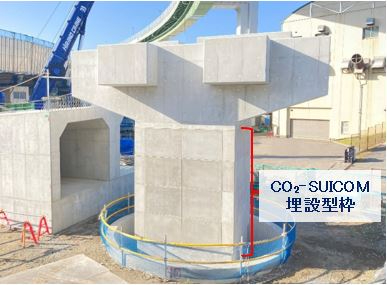J-STORIES - パソコンを製造する際には、大量のCO2や水が使用される。しかも、必要となるレアメタルは限りがあるうえ、産地では武装勢力などの資金源となり住民の人権を脅かす「紛争鉱物」も含まれる。
こうした環境への負荷や人権への影響など避けるため、使われなくなったパソコンの再生と販売に取り組んでいる企業がある。その作業は、命の危険がある祖国を逃れ、日本にやってきた「難民」たちの就労機会にもなっている。

通常の中古パソコン販売との大きな違いのひとつは、同社が提供するサポートの手厚さにある。購入を希望する顧客にはLINEによる相談なども行い、「インターネットなど軽作業向け」「高度なデザインなどハイパフォーマンス向け」のようにニーズに合ったスペックを丁寧に説明、パソコン購入に慣れていない人にも対応する。価格はビジネス用、ゲーム用などの用途ごと設定。無償で1年間の保証がつき、ネット詐欺などのトラブルにもきめ細かく対処する。現在はWindows製品がメインだが、最近はニーズに応えてMacパソコンも増やしている。

最大の特徴は「ZERO PC」ビジネスを難民支援につなげている点だ。現在、世界人口は80億人を突破(2022年11月現在・国連推計)、その一方でウクライナ情勢もあって戦争や紛争で故郷を追われた人は1億人を超えた(22年5月・国連難民高等弁務官事務所UNHCR発表)。
日本での難民認定率は世界的に見ても低い。難民認定を希望する人たちにとって、難民認定を受けにも時間がかかり、生活を安定させることも容易ではない。
「安心して生活できずにいる彼らに自分たちができることはないか」。そう考えた代表取締役社長の青山明弘さんは、彼らが自活できる場を作ろうと志し、日本語ができなくても可能で、その後に通用するスキルが身につき、社会貢献につながる仕事としてパソコン再生事業を計画、2017年にピープルポートを設立した。
同社ではこれまでに7名の難民が社員として働き、うち1名が認定を受けている。2021年には1723台のパソコンを販売しているが「より多くの難民を受け入れるためには、さらにZERO PCの販売数を伸ばすことが必要。難民申請者100名の雇用を目指している」(青山さん)という。

今後はソフトウェア部門の新規事業も展開したいと検討中で、その先は日本のみならず外国でも難民の雇用機会を広げるべく、グローバルにビジネスを展開したいと考えている。「大切な人を亡くすという経験をした難民の人たちが頑張れるチャンスを提供したい」と青山さんは語る。

同時に、子どもの教育支援活動として「こども支援プロジェクト」を実施。企業で不要となったパソコンを提供してもらい、買取金相当を教育の受けられない子どもたちへの資金とするもので、同社では「気軽に始められる社会貢献活動として企業の方にぜひ協力してほしい」と呼びかけている。
記事:嵯峨崎文香 編集:北松克朗
トップ写真:ピープルポート 提供
この記事に関するお問い合わせは、jstories@pacificbridge.jp にお寄せください。
***
本記事の英語版はこちらからご覧になれます。



_smallthumbnail.jpg)






![[PODCAST] 日本新科技助攻不孕症治療(Part4)](https://storage.googleapis.com/jstories-cms.appspot.com/images/1768443226894unnamed-5_bigthumbnail.jpg)








![[PODCAST] 如何打造成功的新創企業社群(第2集)](https://storage.googleapis.com/jstories-cms.appspot.com/images/1748493203370business-man-holding-light-bulb-social-network-2024-10-31-22-37-36-utc_smallthumbnail.jpg)



Hi there, will you let me know the name and the phone number of Mr. Aoyam and his company. Please send it to jokar@eligasht.com